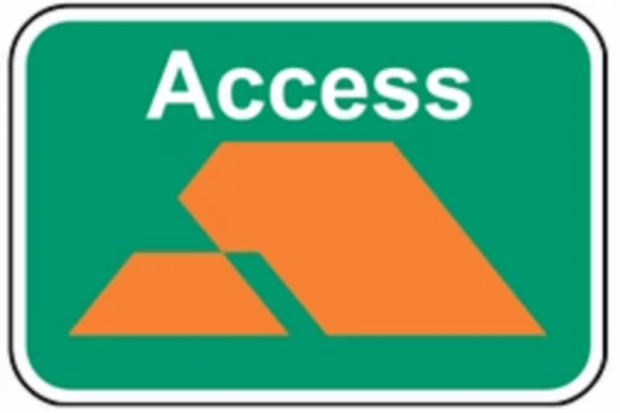A memorable UK advertising campaign from the late 1970s was for a new credit card, appealing particularly to people previously ineligible for easy finance options. “Access – your flexible friend” was the slogan.
At about the same time, the access to higher education diploma started life: a flexible friend to adults previously ineligible to enter higher education because of a lack of qualifications. Fast-forward 40 years, and access courses are available in almost every further education college in England and Wales. But they are conspicuous by their absence from most universities.
The qualification changes lives. A student entering university via this route (funded by a public “advanced learner loan”) is more than twice as likely to be over 25 and from a disadvantaged background as a student entering with other qualifications. She (73 per cent of access students are female, and more than half go on to study for the health professions) is also more likely to have a declared disability or to come from an ethnic minority background.
There are financial incentives for access students who continue their studies as the government writes off their advanced learner loans when they graduate from higher education. Yet the Augar review suggests that universities could be recruiting greater numbers of them to their degree courses rather than rather than relying on their own foundation years (from which Augar controversially proposes to remove student loan funding).
“The taxpayer is entitled to ask why universities are not collaborating with further education colleges on enrolling [non-traditional] students on to access diplomas with lower fees, more advantageous loan terms, and a standalone qualification, or, if necessary, running such courses themselves,” the review’s report says.
The access diploma attracts points on the Ucas tariff and is regulated and licensed by the Quality Assurance Agency: only those bodies that we vet can legally award it. Given these safeguards, it is indeed a good question why so few universities offer access diplomas. Just 14 are currently approved to do so, with 11 actually delivering programmes.
Those select few have seen the potential of the qualification to go beyond providing an entry route for the UK’s next generation of health workers and are using it as a tool to recruit to at-risk programmes that meet projected skills gaps (strengthening technical education, for instance, was a theme in Augar). We at the QAA use labour market information to make sure that new and revised access programmes consider local skills gaps and meet local community needs. Further education colleges have embraced this approach as part of their regional offers.
Over the next five years, the fastest-growing occupational areas in the UK will be IT, sales and marketing, teaching, nursing and midwifery, business and finance, and public services. The universities currently delivering access diplomas in-house have focused predominantly on these areas, working with students’ own pre-study work and life experience to prepare them to hit the ground running when they progress to not just degree programmes but also HNDs and higher apprenticeships.
Access students do not have to stay at the same university for that further study, but we know that universities offering their own access programmes benefit from customer loyalty. The diploma brought a potential £160 million recruitment revenue last year to the 10 UK universities that recruit most access students, as well as helping them to hit their widening participation targets.
And for university staff, teaching on a diploma course is an opportunity to acquire skills in pre-degree programmes and to gain a fuller understanding of non-traditional learners’ needs.
Access diplomas are a flexible friend to students and an untapped opportunity for higher education providers.
Julie Mizon is access manager at the Quality Assurance Agency.
Register to continue
Why register?
- Registration is free and only takes a moment
- Once registered, you can read 3 articles a month
- Sign up for our newsletter
Subscribe
Or subscribe for unlimited access to:
- Unlimited access to news, views, insights & reviews
- Digital editions
- Digital access to THE’s university and college rankings analysis
Already registered or a current subscriber?




